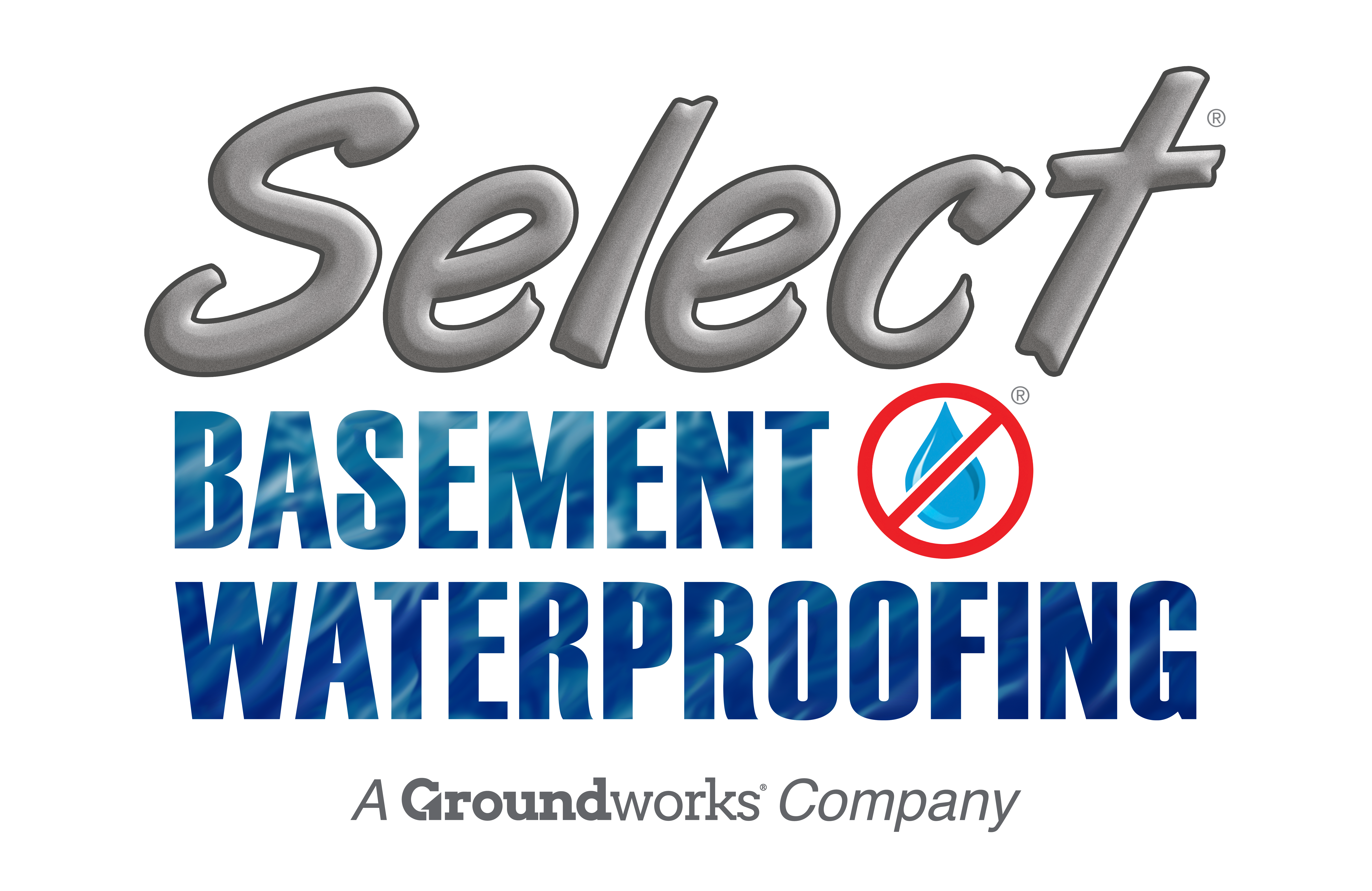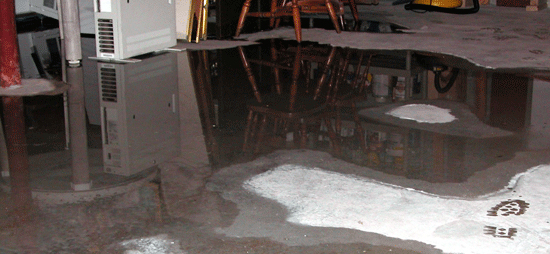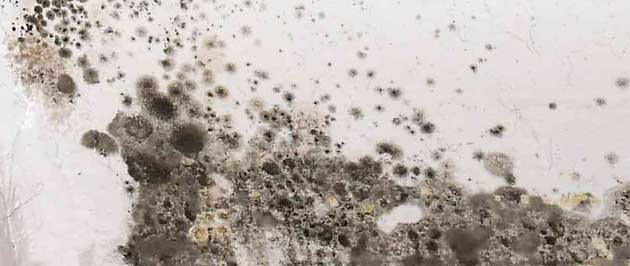Basement Leaks in New Jersey
Basement leaks in New Jersey have many common causes. First, water that is on the ground can seep into your foundation and basement floor. Water could also leak into your basement due to issues with your gutters. Your gutters may overflow due to heavy rain, clogs, a sudden thaw, or poor installation. If you do not have enough gutters, water will also leak. Basement leaks in New Jersey are also often caused by disconnected downspouts, poor planning in terms of landscaping, and sprinklers aiming at your home. Finally, basement leaks in New Jersey are also a risk if your pipes have excessive condensation or if your interior walls have water inside them.
Signs of Basement Leaks in New Jersey
To catch basement leaks before they become serious floods, watch for these common signs.
- Staining: Water stains on your basement floor or walls are a definite indication of a basement leak.
- Odor: If your basement smells damp or musty, it is likely that there is excessive moisture and a potential leak.
- Mold: Mold will also appear in a basement that has a leak, and it can come in many colors. If you suspect mold, you should have it tested.
- Efflorescence: Efflorescence is a condition in which salt deposits are left by water that has evaporated. These may appear on your walls as gray or white ash, and it can sparkle.
- Spalling: This also refers to salt deposits that are left behind, but spalling occurs when the surface that the salt is on begins to peel away or otherwise come off.
Contact us to get your FREE Estimate today!


